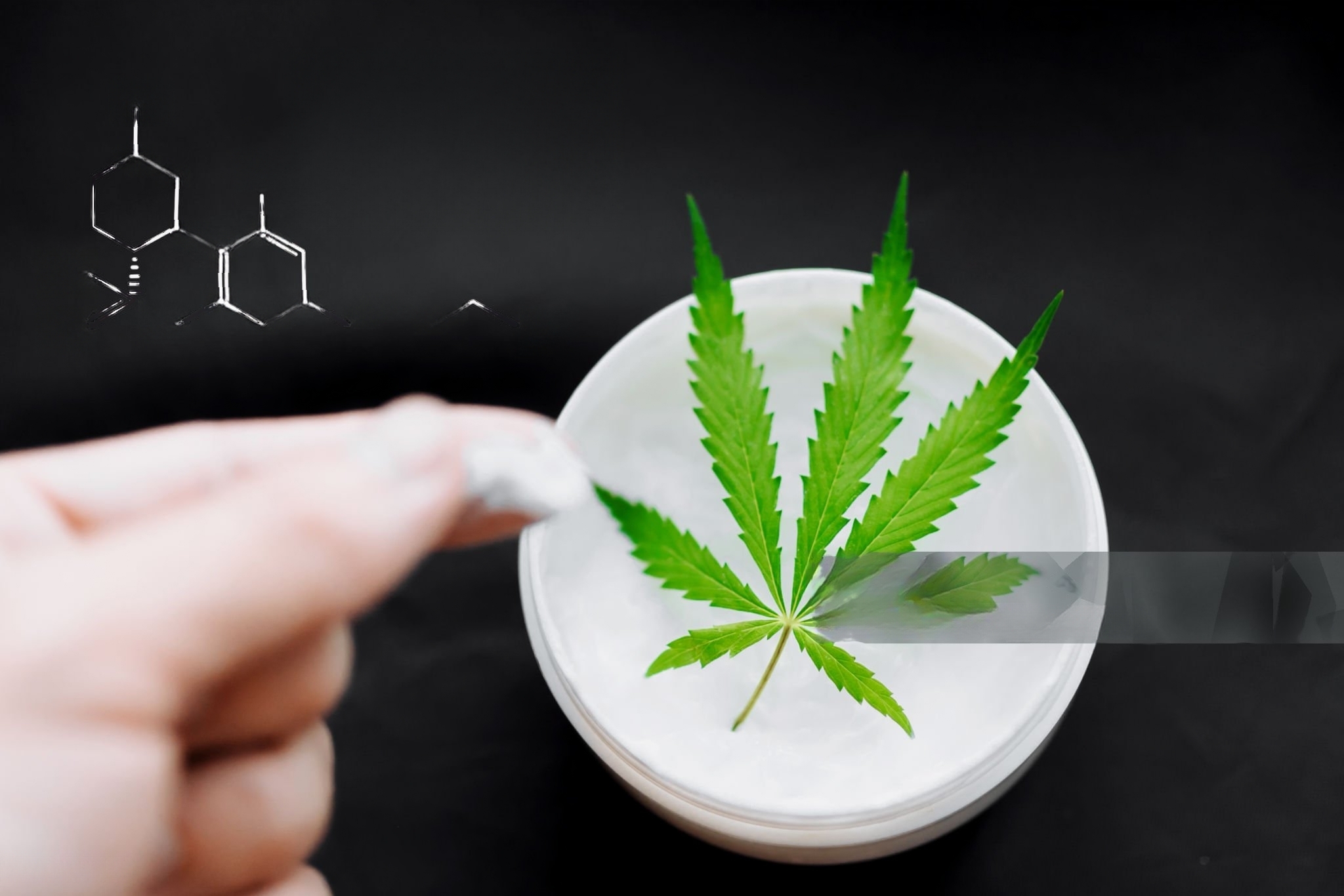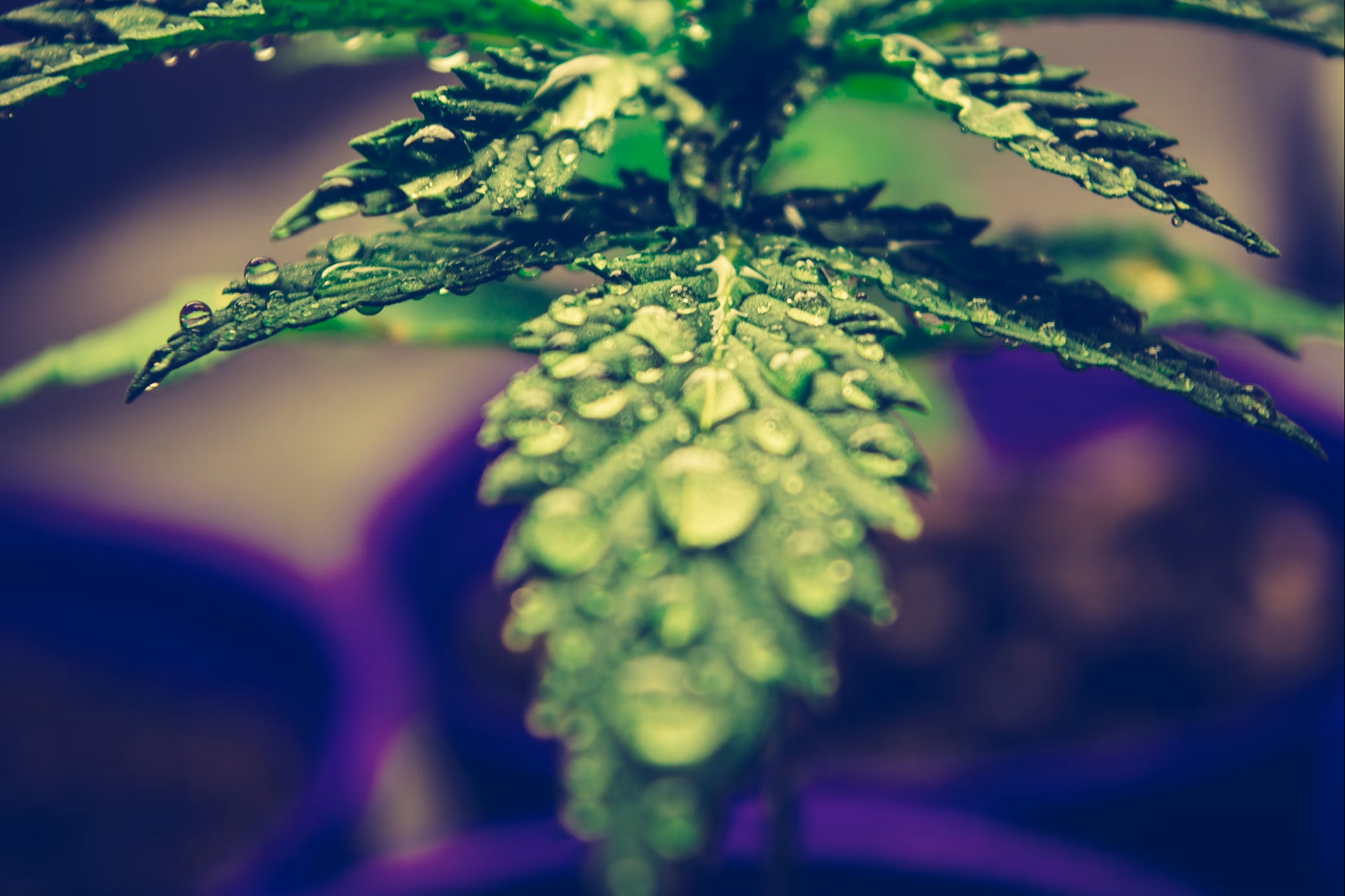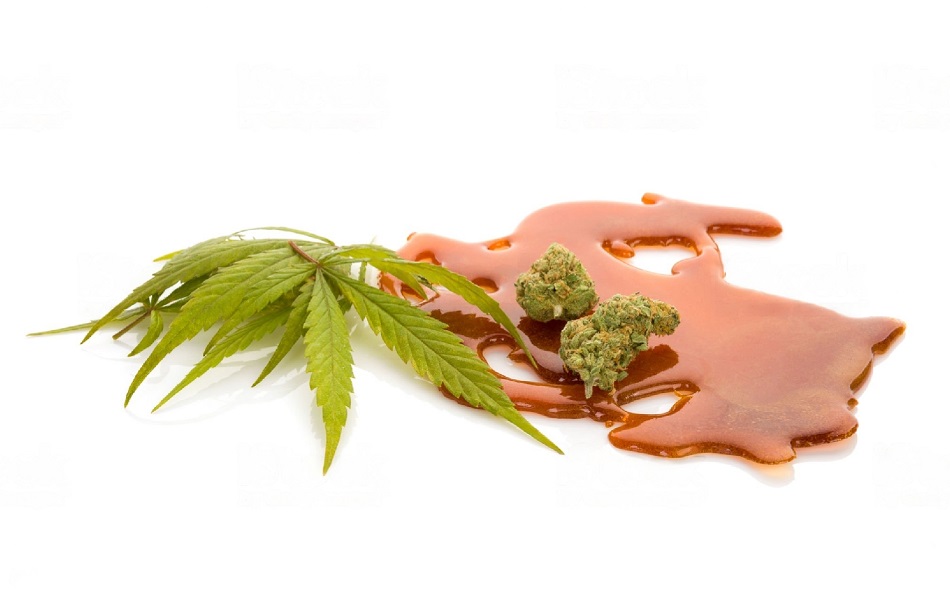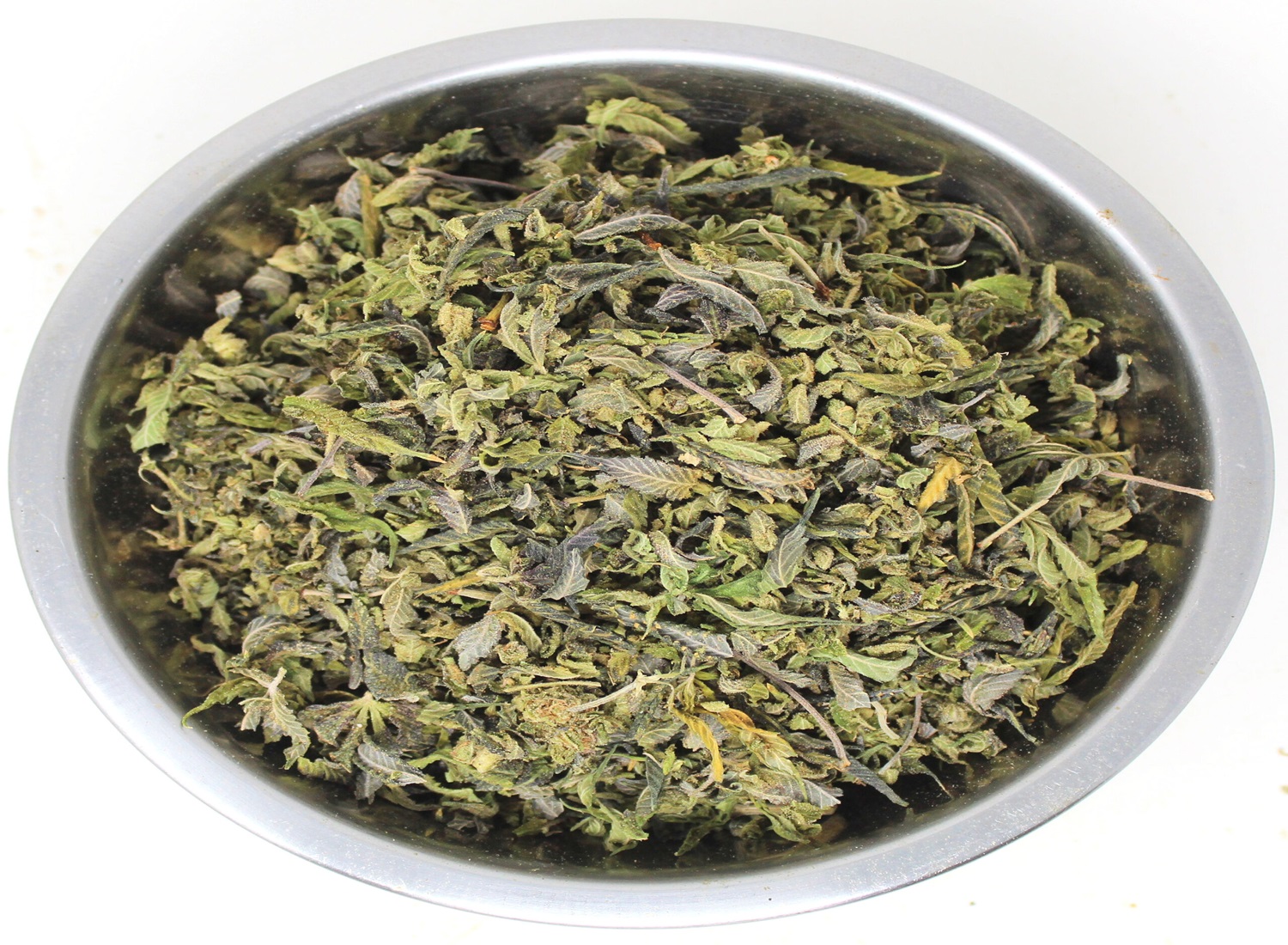In recent years, the popularity of cannabis-infused products has soared, with consumers seeking alternative methods for managing various ailments. Among these products, cannabis topicals have gained significant attention for their purported therapeutic benefits. Two key compounds found in cannabis—CBD (cannabidiol) and THC (tetrahydrocannabinol)—are often the focus of discussions when it comes to understanding the effects of these topicals. In this blog post, we’ll delve into the differences between CBD and THC in cannabis topicals and how they interact with the body.
What Are Cannabis Topicals?
Before diving into the differences between CBD and THC, let’s first understand what cannabis topicals are. Cannabis topicals are products infused with cannabinoids that are applied directly to the skin. These products come in various forms, including creams, lotions, balms, and salves. Unlike other cannabis consumption methods like smoking or ingesting, topicals work by interacting with the body’s endocannabinoid system (ECS) through the skin, offering localized relief without the psychoactive effects commonly associated with THC consumption.
CBD: The Non-Psychoactive Compound
CBD, or cannabidiol, is one of the most abundant cannabinoids found in cannabis plants. Unlike THC, CBD is non-psychoactive, meaning it doesn’t produce the “high” typically associated with cannabis use. Instead, CBD is known for its potential therapeutic effects, including anti-inflammatory, analgesic, and antioxidant properties. When used in topicals, CBD interacts with the body’s ECS by binding to cannabinoid receptors located in the skin, muscles, and nerves, helping to alleviate pain and inflammation in specific areas.
One of the main advantages of CBD topicals is their ability to provide targeted relief without causing intoxication. This makes them suitable for individuals who want to experience the potential benefits of cannabis without impairing their cognitive function. Additionally, CBD topicals are widely available and legal in many regions, making them accessible to a broader audience.
THC: The Psychoactive Compound
In contrast to CBD, THC (tetrahydrocannabinol) is the primary psychoactive compound in cannabis responsible for the euphoric “high” experienced by users. While THC is often associated with recreational use, it also possesses therapeutic properties, including pain relief, muscle relaxation, and appetite stimulation. When applied topically, THC interacts with the ECS similarly to CBD, binding to cannabinoid receptors in the skin and providing localized relief.
THC topicals offer unique benefits for individuals seeking both therapeutic effects and mild psychoactive experiences. However, it’s essential to note that THC topicals can potentially cause psychoactive effects, although these effects are typically mild compared to other consumption methods like smoking or ingesting. Additionally, THC topicals may be subject to legal restrictions in some regions due to their psychoactive nature, so consumers should familiarize themselves with local regulations before purchasing or using these products.
CBD vs. THC: Which is Right for You?
When choosing between CBD and THC topicals, it ultimately depends on individual preferences and desired outcomes. Here are some factors to consider:
- Desired Effects: If you’re primarily seeking relief from pain, inflammation, or skin conditions without experiencing psychoactive effects, CBD topicals may be the better option. However, if you’re open to mild euphoria and relaxation along with therapeutic benefits, THC topicals might be more suitable.
- Legal Considerations: CBD topicals are legal in many regions, making them more accessible to consumers. On the other hand, THC topicals may be subject to stricter regulations due to their psychoactive properties, so it’s essential to research local laws before purchasing.
- Tolerance and Sensitivity: Individuals with a low tolerance for THC or those who are sensitive to its psychoactive effects may prefer CBD topicals to avoid any unwanted intoxication.
- Product Availability: CBD topicals are more widely available than THC topicals, as they can be derived from hemp plants containing minimal THC. However, THC topicals may be found in dispensaries or specialty stores in regions where cannabis is legal.
Conclusion
In summary, CBD and THC topicals offer distinct benefits and effects for consumers seeking alternative methods for managing various conditions. While CBD topicals provide targeted relief without psychoactive effects, THC topicals offer therapeutic benefits along with mild euphoria. Understanding the differences between these compounds can help individuals make informed decisions based on their preferences, needs, and local regulations. Whether you opt for CBD or THC topicals, it’s essential to choose high-quality products from reputable sources to ensure safety and efficacy. As always, consulting with a healthcare professional is recommended, especially for those with underlying medical conditions or concerns.



